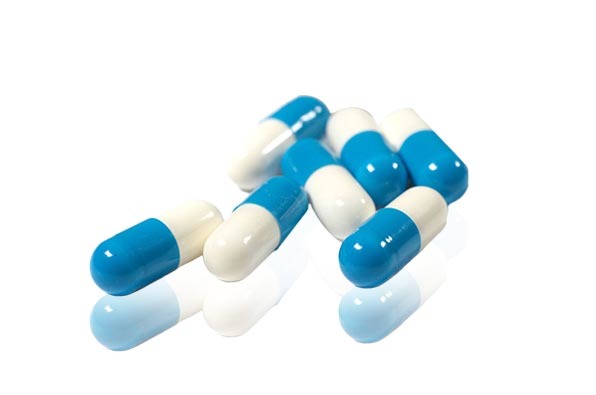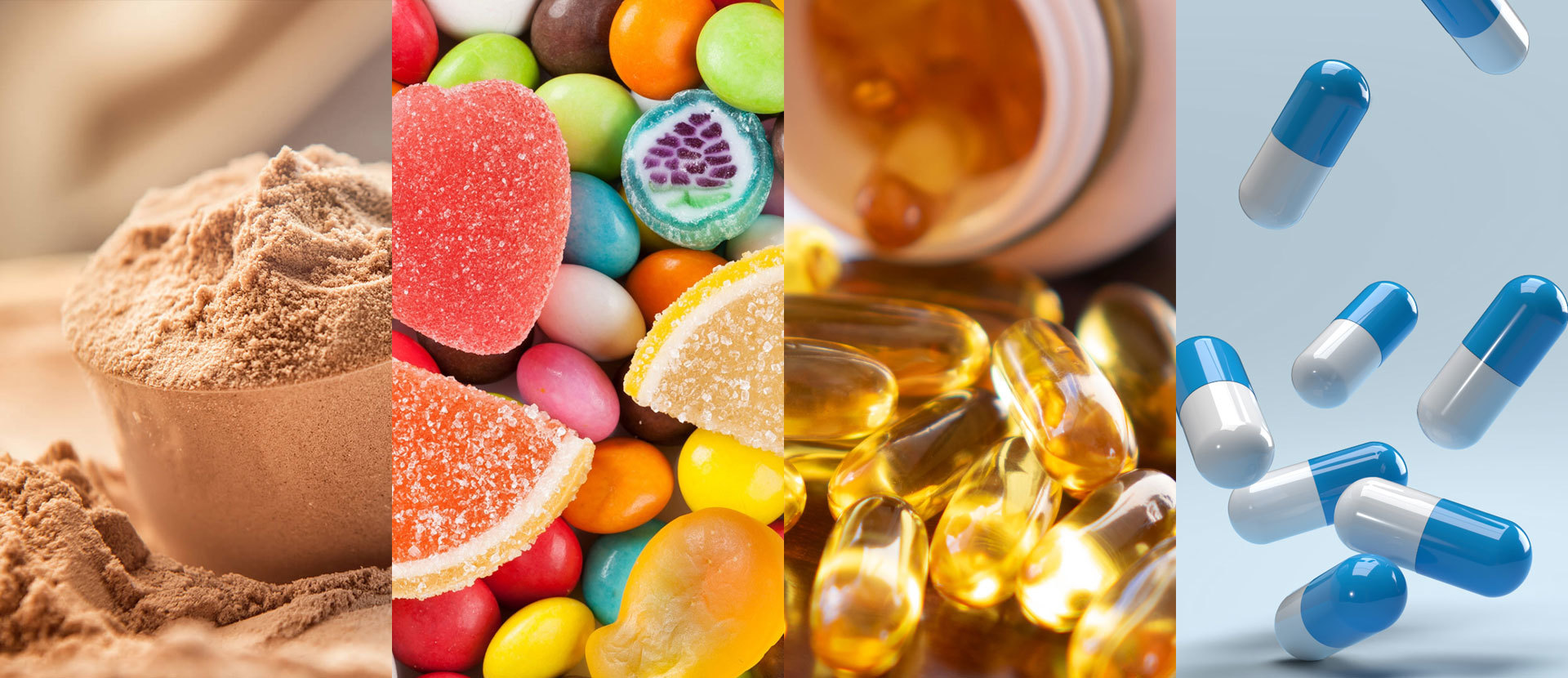News center
The Essential Guide to Understanding the Key Differences Between Gelatin and Collagen
Release time:
2025-04-11
Understanding Gelatin and Collagen: An In-Depth Comparison
Table of Contents
- 1. Introduction to Gelatin and Collagen
- 2. What Is Gelatin?
- 3. What Is Collagen?
- 4. Key Differences Between Gelatin and Collagen
- 4.1 Source of Gelatin vs. Collagen
- 4.2 Composition and Structure
- 4.3 Culinary Uses
- 4.4 Health Benefits
- 4.5 Digestibility and Absorption
- 5. Popular Brands and Products
- 6. How to Choose Between Gelatin and Collagen
- 7. Frequently Asked Questions
- 8. Conclusion
1. Introduction to Gelatin and Collagen
In the world of food additives, **gelatin** and **collagen** are two terms that often come up. Both are derived from animal sources, and while they share some similarities, they are distinct in several ways. Understanding these differences can help you make better choices for your dietary needs and health goals. In this article, we will explore what gelatin and collagen are, their key differences, their uses in food and health, and how to choose between them.
2. What Is Gelatin?
**Gelatin** is a translucent, colorless, flavorless food ingredient that is derived from collagen, which is found in animal connective tissues, such as skin and bones. It is produced through a process called hydrolysis, where collagen is heated in water, causing it to break down into smaller protein molecules, resulting in a gel-like substance. Gelatin is widely used in the culinary world for its gelling, thickening, and stabilizing properties. It’s commonly found in jellies, marshmallows, gummy candies, and desserts.
3. What Is Collagen?
**Collagen** is a structural protein that is an essential component of connective tissues in the body, including skin, tendons, ligaments, and bones. It plays a crucial role in maintaining the elasticity and strength of these tissues. Collagen is available in various forms, including powder, capsules, and liquid supplements, and is often marketed for its potential health benefits, particularly for skin, joint, and bone health.
4. Key Differences Between Gelatin and Collagen
While gelatin and collagen are closely related, there are several key differences between the two.
4.1 Source of Gelatin vs. Collagen
Gelatin primarily comes from animal bones, cartilage, and skin, while collagen can be derived from a broader range of sources, including fish, chicken, and bovine skins. This difference impacts not only the **texture** and **taste** of food products but also their **nutritional profiles**.
4.2 Composition and Structure
Both gelatin and collagen consist of amino acids, but they differ in their structure. Gelatin is a denatured form of collagen, meaning that its proteins are partially broken down, making them easier to dissolve in water. This denaturation gives gelatin its unique gelling properties. In contrast, collagen remains in its natural state and is more complex, containing a higher concentration of specific amino acids like proline and glycine.
4.3 Culinary Uses
Gelatin is favored in culinary applications due to its ability to form gels and provide a chewy texture. It is commonly used in desserts, jellies, and desserts requiring thickening. Collagen, however, is not used as a gelling agent but is often incorporated into smoothies, soups, and baked goods for its nutritional benefits without altering texture.
4.4 Health Benefits
Both gelatin and collagen offer various health benefits. Gelatin is known for its potential to improve joint health, promote better digestion, and enhance skin elasticity. Collagen supplementation is associated with improved skin hydration, reduced wrinkles, and support for joint and bone health. However, the effectiveness of these benefits can vary based on individual health and dietary needs.
4.5 Digestibility and Absorption
Gelatin is generally easier to digest than collagen due to its broken-down structure. This makes it quickly absorbable by the body, providing immediate benefits. Collagen, on the other hand, may take longer for the body to break down and utilize fully.
5. Popular Brands and Products
When choosing gelatin or collagen supplements, quality is key. Some popular brands that are well-regarded in the industry include:
- **Vital Proteins**: Known for their high-quality collagen peptides sourced from grass-fed cattle.
- **Great Lakes**: They offer unflavored gelatin and collagen hydrolysate, suitable for various recipes.
- **Knox**: A widely available brand of gelatin for home cooking and baking.
6. How to Choose Between Gelatin and Collagen
When deciding between gelatin and collagen, consider your specific needs. If you are looking to add a thickening agent to your recipes, gelatin is the way to go. If your goal is to support skin health or joint function, collagen may be more beneficial. Always check product labels for sourcing, quality, and additional ingredients to ensure you are making the best choice for your health.
7. Frequently Asked Questions
What are the main dietary sources of gelatin and collagen?
Gelatin is derived from animal skins, bones, and connective tissues. Collagen can be sourced from similar animal tissues, as well as from fish.
Can I use collagen as a substitute for gelatin in recipes?
While collagen can provide some thickening, it doesn't have the same gelling properties as gelatin. It's best used in recipes where gelling is not required.
Are there vegan alternatives to gelatin and collagen?
Yes, vegan alternatives include agar-agar and carrageenan for gelling, while plant-based collagen supplements are made from amino acids derived from foods like peas and rice.
Is gelatin good for skin health?
Yes, gelatin contains amino acids beneficial for skin elasticity and hydration, making it a popular choice in beauty and wellness.
How should I incorporate collagen into my diet?
Collagen can be added to smoothies, soups, or baked goods to enhance protein intake without altering flavor.
8. Conclusion
In summary, both **gelatin** and **collagen** have unique properties and benefits that cater to different dietary needs and culinary uses. While gelatin excels as a gelling agent, collagen is prized for its health benefits, particularly for skin and joint support. Understanding the key differences between these two ingredients enables you to make informed dietary choices that best support your health and wellness goals. Whether you choose to incorporate gelatin or collagen into your diet, both can play a vital role in enhancing your overall well-being.
NEWS






